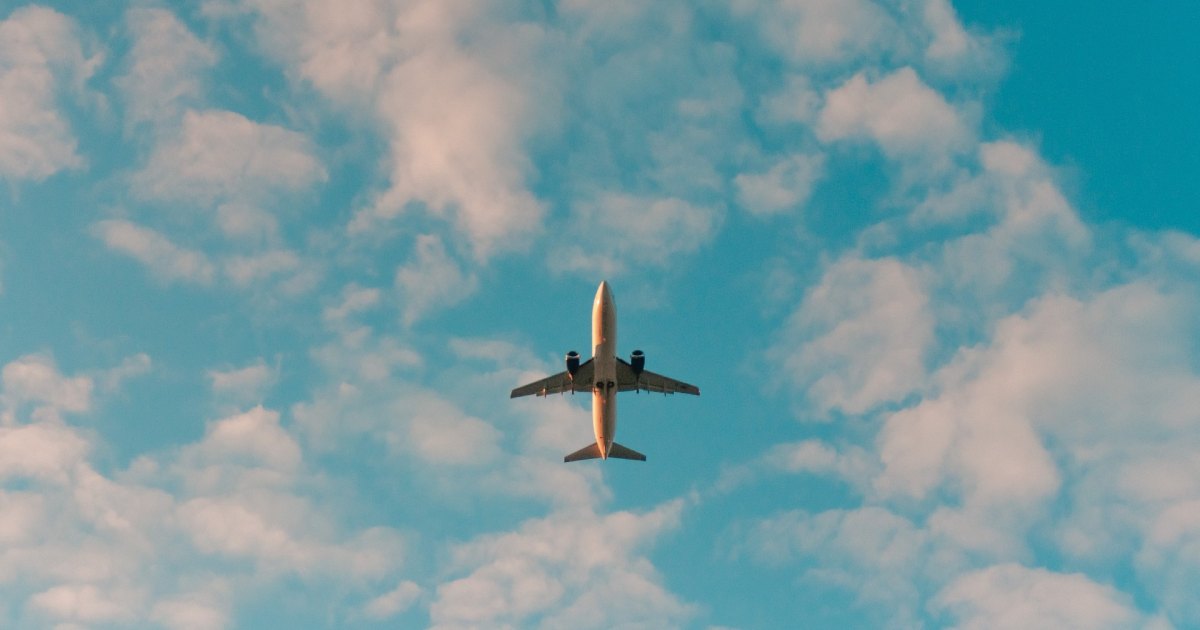No products in the cart.
Fitness Tips
Why Hundreds of Flights Were Canceled Due to 5G Rollout
Since the beginning of 2022, airlines have canceled thousands of flights in the U.S. These cancellations have been mainly due to bad weather and crew shortages caused by COVID-19. However, this week, a new reason for cancellations emerged: cell phone networks. More than 360 flights were canceled on Tuesday due to the rollout of 5G cellular networks near some airports. According to major airlines, the expansion of phone networks interferes with their ability to safely fly.
Back in February 2021, the Federal Communications Commission (FCC) auctioned off airwave licenses. The frequencies in questions were between 3.7 GHz and 4.2 GHz, also known as C-Band. Verizon, AT&T, and T-Mobile were among the companies that spent more than $80 million to build out the fifth generation of cellular networks aka 5G. For consumers who wanted a faster wireless network, it was good news, but not for airlines.
Major airlines have major problems with 5G rollout
In a letter to Transportation Secretary Pete Buttieg, the Federal Aviation Administration (FAA) and the FCC, a trade organization for major U.S. airlines had sharp words about possible 5G consequences.
“The ripple effects [of the 5G rollout] across both passenger and cargo operations, our workforce and the broader economy are simply incalculable. Every one of the passenger and cargo carriers will be struggling to get people, shipments, planes and crews where they need to be. To be blunt, the nation’s commerce will grind to a halt,” Airlines for America wrote.
There’s a reason airlines had such a strong negative reaction to the 5G cellular network. Their frequencies for altimeters are in the C-Band, next door neighbors to the expanded networks. Altimeters, which measure altitude and are necessary in low-visibility conditions, operate within 4.2–4.4 GHz.
It makes sense that at a foggy airport, it’s more important for incoming pilots to know the altitude of their aircraft than it is for you to be able to stream The Book of Boba Fett.
Not everyone agrees on potential dangers posed by 5G
The two federal agencies at the center of this situation seem to be at different frequencies themselves. The FCC, who sold the frequencies, believes airlines and 5G can coexist. On the other hand, the FAA is still trying to figure out what’s safe. In a statement yesterday, the federal agency said it cleared 78 percent of the U.S. commercial fleet for low-visibility flight in 5G areas.
“The FAA is working diligently to determine which altimeters are reliable and accurate where 5G is deployed in the United States. We anticipate some altimeters will be too susceptible to 5G interference. To preserve safety, aircrafts with those altimeters will be prohibited from performing low-visibility landings where 5G is deployed because the altimeter could provide inaccurate information.”
As for the nation grinding to a halt, it’s not happening yet. The White House reached a deal with telecom companies yesterday to delay the 5G launch near certain airports. It’s a temporary solution, but it seems to have assuaged airlines for now. In a statement, United Airlines seems to say that flight cancellations due to 5G were behind them.
“We look forward to a higher level of coordination between the regulators, telecom companies and the aviation industry to ensure that customers are not faced with disruptions going forward.”
For access to exclusive gear videos, celebrity interviews, and more, subscribe on YouTube!
Source link

